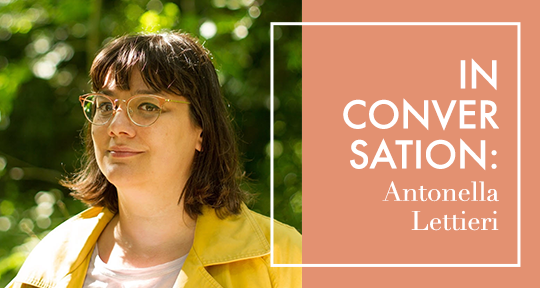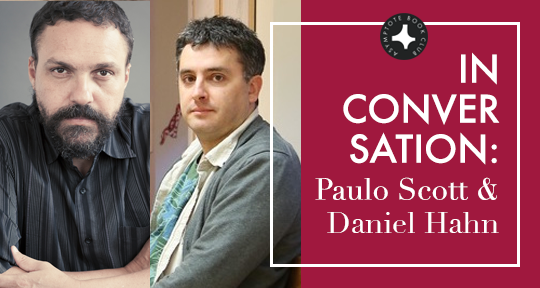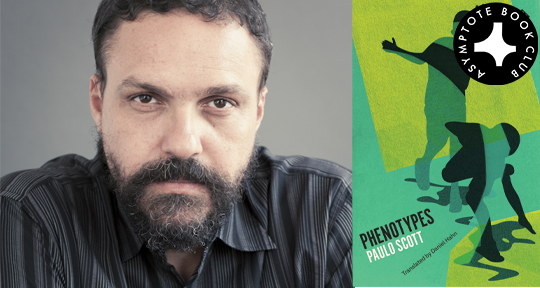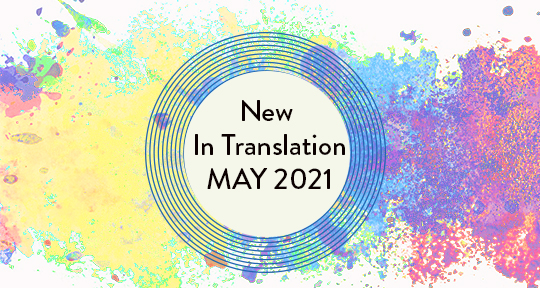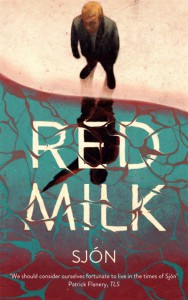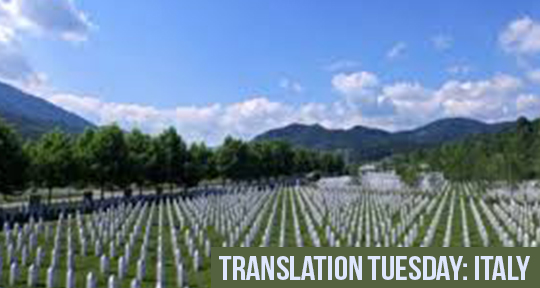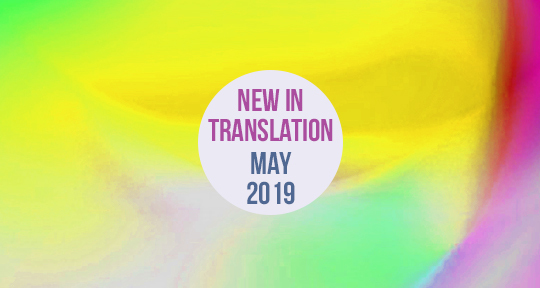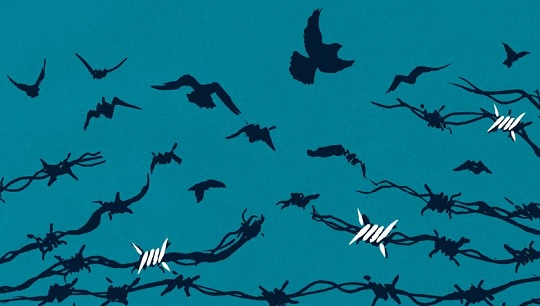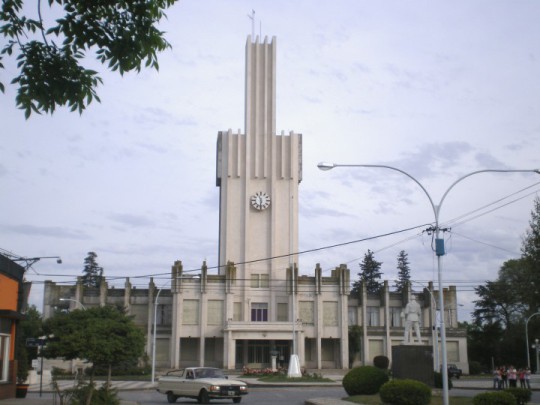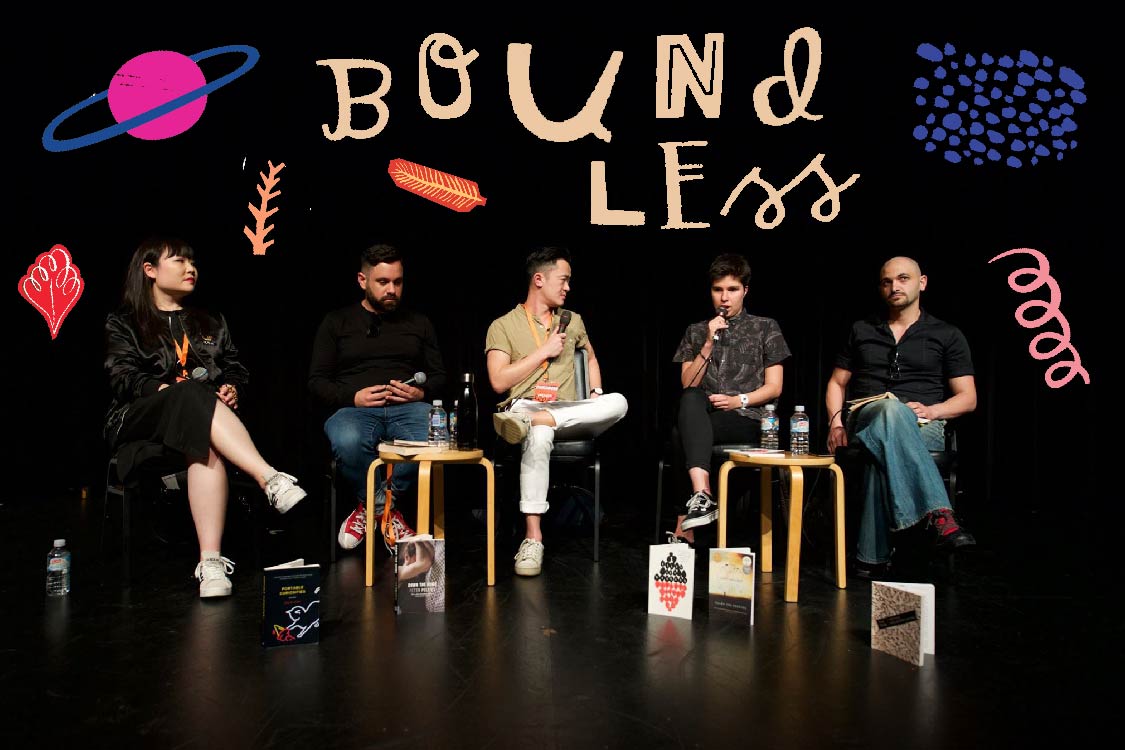In a fecund month of new translations, our editors select two phenomenal titles: a collection of the later poems by the acclaimed Eugenio Montale, and an intimate epistolary fiction leading readers to a seldom-seen region of Colombia.
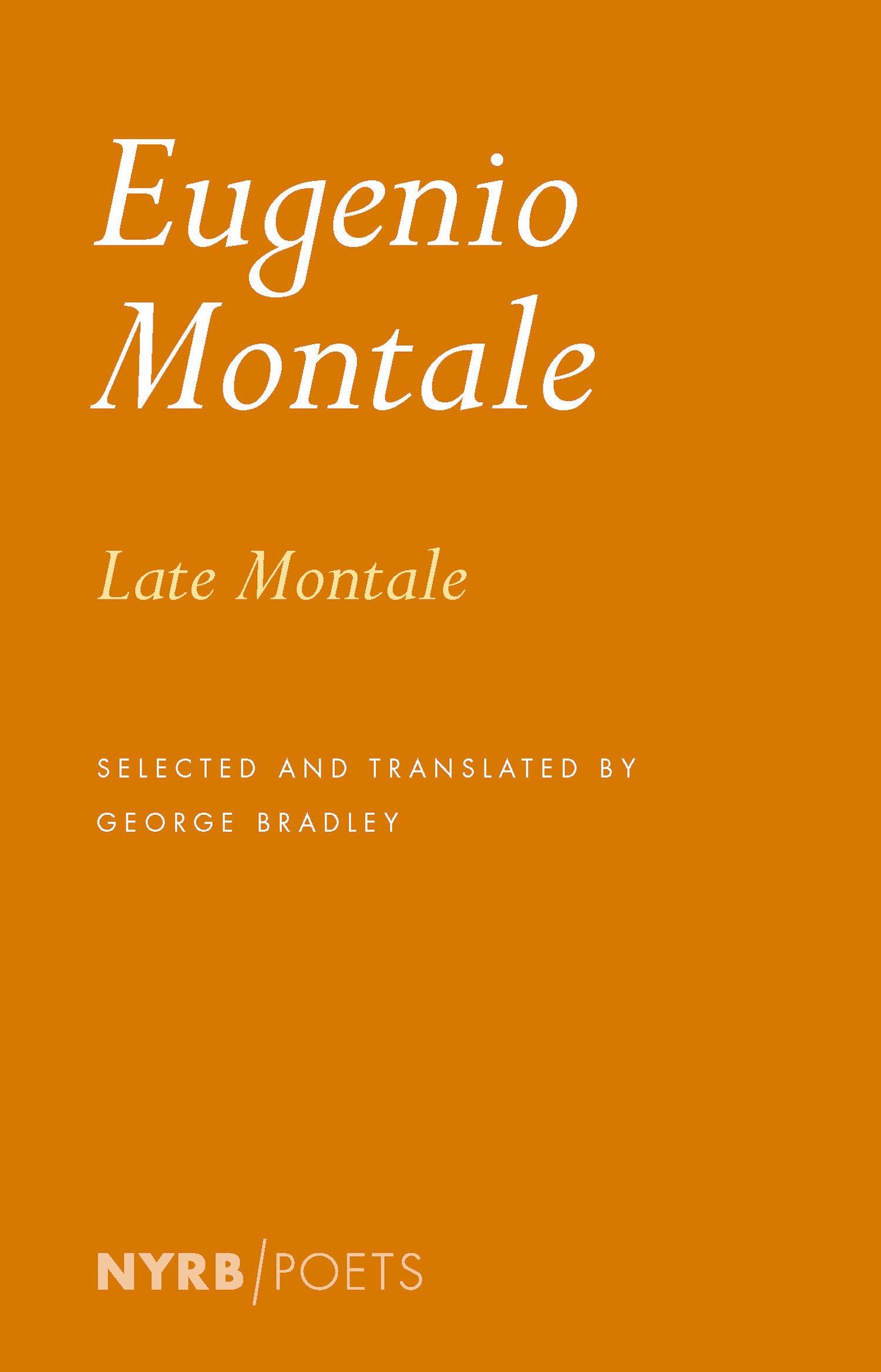
Late Montale by Eugenio Montale, translated from the Italian by George Bradley, New York Review Books, 2024
Review by Danielle Pieratti, Poetry Editor
“The world exists,” declared Eugenio Montale in the poem “Wind and Flags” from his first book, Cuttlefish Bones, published in 1925 (translated by Jonathan Galassi). Given the frank, existential agnosticism that governs the poet’s later work, it feels a little like whiplash to return to this otherwise characteristically subtle poem after reading Late Montale. Translated from the Italian by George Bradley, this collection comprises Montale’s published and unpublished poems from the second half of his life, offering glimpses of the poet first in the period of his Nobel win and later, as an increasingly reflective and skeptical widower. Yet ultimately, Montale seems to arrive where he began. “Unarguably / something must exist,” he writes in an unpublished poem at the end of his life,
But with [regard to] this,
science, philosophy, theology (red or black)
have all misfired.If this isn’t faith,
O men of the altar or the microscope,
then go f. yourselves.
Given that these works range from the 1960s to his death in 1981, the fact that Montale circles back to this revelation bears noting. While his underlying ironies and symbolism persist, there’s a definitive “shift from formality to intimacy and self-revelation,” Bradley writes in his introduction, which “parallels the course of twentieth century poetry as a whole”. In poems taken from Satura, first published eight years after the 1963 death of his wife Drusilla Tanzi, Montale retains his characteristic imagery and density, but his focus has drifted from the tangible nature symbolism of his earlier works to more abstract questions of grief befitting an older poet experiencing loss. Many of the poems speak to memory and to individuals from Montale’s past, including several from two long sequences addressed to Tanzi. Others allude frequently to Montale’s former life as an opera singer. Indeed, the tension between then and now pervades Late Montale, and the poet’s apparent scorn for the passing of time lends a hint of tragedy to poems increasingly pensive and raw. “We were two lives too young to be old but too old to feel we were young,” he writes to Tanzi in “Lake Sorapis, 40 Years Ago”, which ends:
That’s when we learned what aging is.
Nothing to do with time, it’s something that tells us,
that makes us tell ourselves: “Here we are,
it’s a miracle and won’t come again.” By comparison
youth is the most contemptible of illusions.


